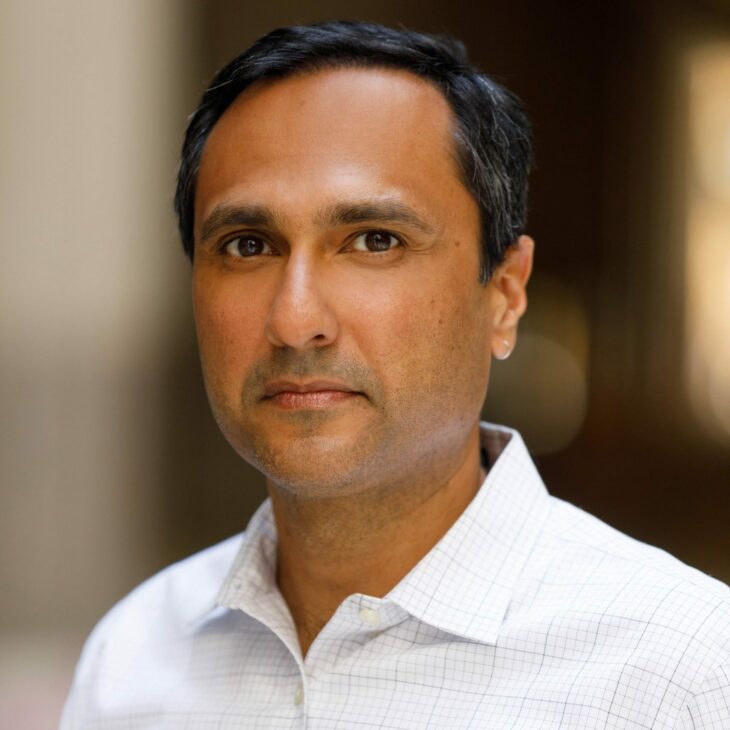Eboo Patel is a civic leader who believes that religious diversity is an essential and inspiring dimension of American democracy. Named “one of America’s best leaders” by U.S. News and World Report, Eboo is Founder and President of Interfaith America, the leading interfaith organization in the United States. Under his leadership, Interfaith America has worked with governments, universities, private companies, and civic organizations to make faith a bridge of cooperation rather than a barrier of division.
Eboo served on President Obama’s Inaugural Faith Council, has given hundreds of keynote addresses, and has written five books, including We Need to Build: Field Notes for Diverse Democracy. He is an Ashoka Fellow and holds a doctorate in the sociology of religion from Oxford University, where he studied on a Rhodes scholarship. Eboo lives in Chicago with his wife, Shehnaz, and their two sons.

by Eboo

How would you describe the position of evangelically oriented Christians in the United States right now? That’s what I asked religion and law professor John Inazu in our recent conversation on the “Interfaith America with Eboo Patel” podcast, wrapping into the conversation two sharply diverse but influential figures in American life: the late theologian and pastor Tim Keller and former President Donald Trump.

Students with the skills to treat diverse viewpoints with curiosity and respect will be prepared to navigate the complexities of the real world, say Eboo Patel and Rebecca Russo.
I submitted testimony for the House Education and Workforce Committee hearing entitled, “Holding Campus Leaders Accountable and Confronting Antisemitism.”
The Dec. 5 hearing, and an earlier one on Nov. 14, were specifically about the relationship between antisemitism and diversity work at universities. It’s a crucial topic that demands direct address, and it’s not surprising that the hearing made headlines across the country.
I started Interfaith America (originally, Interfaith Youth Core) because I wanted our national culture to pay more attention to how identity stories, especially narratives of religious identity, inspire diverse people to achieve great things, serve others, and work together.
I am an American Muslim. I believe in pluralism.
In the Holy Quran, God tells us, “I created you into diverse nations and tribes that you may come to know one another.” I believe America is humanity’s best opportunity to make God’s wish that we come to know one another a reality.
In the closing weeks of 2023, at least 20 influential people in philanthropy — roughly half foundation presidents, and half individual donors — told me that rethinking their diversity giving would be a central focus for the first part of this year. Most of them had invested heavily in diversity work during the past three years, and none were happy with the results so far.
Now is the time for your college to make pluralism a central principle of campus life.
Yes, now, as you watch dueling protests on your quad and realize that diversity, free speech and social justice advocacy are important values for a college to uphold but incomplete without a commitment to cooperation across difference.
by Eboo
Eboo Patel delivers keynotes for corporations, civic organizations, government, higher education organizations, and campuses.
Eboo Patel consults with corporations, civic organizations, government, higher education organizations, and campuses.
Eboo Patel’s publications, interviews, and appearances include the New York Times, Washington Post, and CNN, among many others.
by eboo
“A blueprint and a guidebook for an inclusive twenty-first-century democracy.” — Van Jones
“A beautifully written story of discovery and hope.” — President Bill Clinton
“A field guide to the critical territory we have traversed in this eventful, young century.” — Krista Tippett
“Eboo Patel is one of the most inspiring and successful interfaith leaders on the national, and even international, scene.” — Paul F. Knitter
“A refreshing, thought-provoking, myth-smashing, and deeply patriotic exploration of American identity and ideals.” — Former Secretary of State Madeleine Albright
To connect about working with Eboo, reach out to Teri Simon.
Teri Simon
Director of Executive Office
Interfaith America
Defeat the things you do not love by building the things you do.
— Eboo Patel
Copyright @ 2024 Interfaith America. All Rights Reserved. Interfaith America is 501 (c)(3) non-profit recognized by the IRS. Tax ID Number: 30-0212534